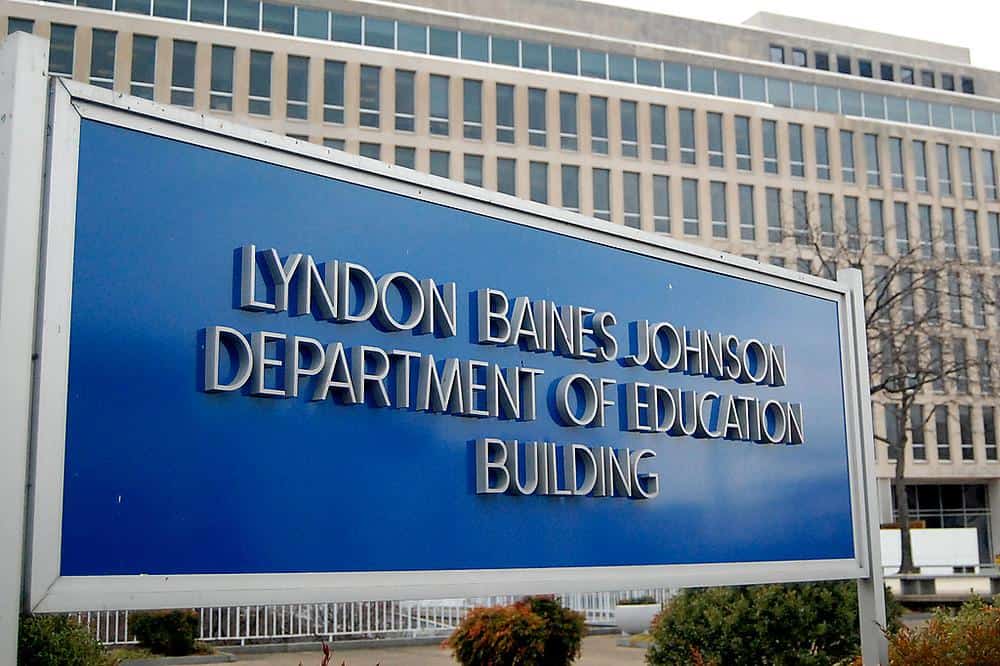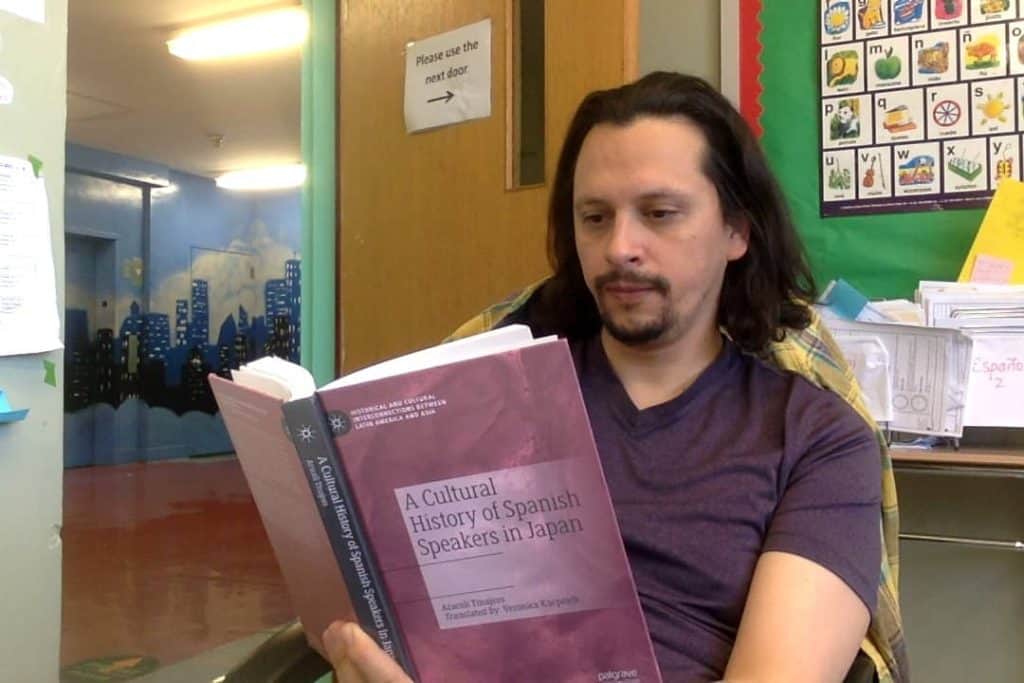Cases
Lujan v. U.S. Department of Education
CASE SUMMARY
The Fulbright-Hays Doctoral Dissertation Research Abroad Fellowship was established to support and promote U.S. students to conduct doctoral research in foreign countries using a foreign language. The Department of Education evaluates applicants on a 105-point scale, with language proficiency counting for 15 points. Starting in 1998, the Department began to use the language-proficiency criterion to disadvantage U.S. students whom the Department deemed to be “non-native-born” by assigning them 0 out of 15 points for language proficiency if they acquired the relevant foreign language through their national heritage.
Samar Ahmad and Edgar Ulloa Lujan were doctoral candidates at Georgetown University. Ms. Ahmad was born in Kuwait and grew up speaking Arabic. Mr. Lujan grew up in Juarez, Mexico, speaking Spanish since childhood. The Department of Education penalized the Plaintiffs’ applications for not satisfying the fellowship’s foreign-language-proficiency requirement, even though they are fluent in Arabic and Spanish, respectively.
Being ineligible for 15 out of 105 possible points presents an insurmountable barrier to obtaining the Fulbright-Hays Fellowship award, so the regulation directly undermined the program’s purpose of international openness and exchange by reducing the number of highly proficient foreign-language speakers in the United States. Nothing in the Fulbright-Hays Act authorizes the Department of Education to penalize U.S. students who speak a foreign language as part of their national heritage for the purpose of awarding financial scholarships. Students with immigrant heritage have a constitutional due process right to be free from the Department’s blatant and un-American discrimination.
RELEVANT MATERIALS
NCLA FILINGS
Order Clarifying Scope of Preliminary Injunction
April 3, 2023 | Read More
Motion to Clarify or Amend Injunctive Order
March 31, 2023 | Read More
Memorandum Opinion and Order
March 24, 2023 | Read More
Reply Brief in Support Of Plaintiffs’ Motion for Preliminary Injunction
February 7, 2023 | Read More
Plaintiffs Motion for Preliminary Injunction
January 3, 2023 | Read More
PRESS RELEASES
Federal Judge Grants Injunction to NCLA Client, Vacates Dept. of Ed.’s Discriminatory Fulbright Rule
March 27, 2023 | Read More
Dept. of Education’s Fulbright-Hays Application Includes Discriminatory “Native Language Penalty”
January 4, 2023 | Read More
U.S. Dept. of Education Alters Discriminatory Fulbright Application Process in Response to NCLA Suit
July 22, 2022 | Read More
NCLA Files Lawsuit Against Discriminatory Dept. of Education Rule for Fulbright-Hays Fellowships
May 10, 2022 | Read More
CASE HIGHLIGHTS
Press Release
March 27, 2023
Federal Judge Grants Injunction to NCLA Client, Vacates Dept. of Ed.’s Discriminatory Fulbright Rule
Press Release
May 10, 2022
NCLA Files Lawsuit Against Discriminatory Dept. of Education Rule for Fulbright-Hays Fellowships


